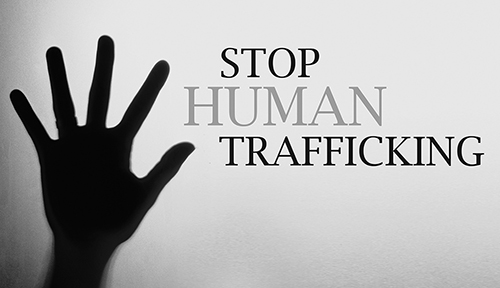Tech firms reverse position on anti-trafficking bill
It seems that something good has come out of the lambasting the US Senate gave tech companies last week over the Russian ads debacle. While that particular problem has no resolution, the senate inquiry has seemed to spark a change of heart for tech firms in at least one area, the Stop Enabling Sex Traffickers Act.
This is the bill that would amend Section 230 of the Communications Decency Act of 1996 that has allowed sites like Backpage to avoid prosecution for their role in the sex trafficking of women and children. Previously, tech giants like Google had opposed the bill fearing it would open them to potential lawsuits even though the amendment to the CDA specifically targets sites that bad-actor websites. Now, The Internet Association, which represents such tech luminaries as Google, Facebook and Twitter, has reversed their opposition to the Stop Enabling Sex Traffickers Act.
While it may not have been done out of the goodness of their hearts, but more to try to get Congress off their backs, this is still an important step towards the bill becoming law. Without as many allies, Backpage’s support is now crumbling. We are now several steps closer to seeing protections enabled to prevent girls and women from being trafficked on sites like Backpage and hopefully the successful prosecution of those who have profited way too long from their victims’ suffering.









Leave a Reply